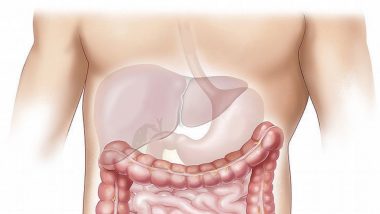Washington DC, July 27: Researchers have found single-cell RNA sequencing to identify a type of cell that may be able to regenerate liver tissue, treating liver failure without the need for transplants. The scientists have identified a new type of cell called a Hepatobiliary Hybrid Progenitor (HHyP), that forms during our early development in the womb. Surprisingly, HHyP also persists in small quantities in adults and these cells can grow into the two main cell types of the adult liver (Hepatocytes and Cholangiocytes) giving HHyPs stem cell-like properties.
The team examined HHyPs and found that they resemble mouse stem cells which have been found to rapidly repair mice liver following major injuries, such as occurs in cirrhosis. The findings are published by The Journal Nature Communications. Life-Threatening Liver Diseases Can be Treated Using This New Found Drug.
Dr Tamir Rashid from the Centre for Stem Cells & Regenerative Medicine at King's College London said, "For the first time, we have found that cells with true stem cell-like properties may well exist in the human liver. This, in turn, could provide a wide range of regenerative medicine applications for treating liver disease, including the possibility of bypassing the need for liver transplants."
Symptoms of liver disease include jaundice, itching and feelings of weakness and tiredness and in more severe cases, cirrhosis. The only treatment for severe liver diseases at present is a liver transplant which can lead to a lifetime of complications and for which the need for donor organs greatly outweighs the increasing demands.Liver disease can be caused by lifestyle issues such as obesity, viruses, alcohol misuse or by non-lifestyle issues such as autoimmune and genetic mediated disease.
"We now need to work quickly to unlock the recipe for converting pluripotent stem cells into HHyPs so that we could transplant those cells into patients at will. In the longer term, we will also be working to see if we can reprogramme HHyPs within the body using traditional pharmacological drugs to repair diseased livers without either cell or organ transplantation," said Dr Rashid.













 Quickly
Quickly


